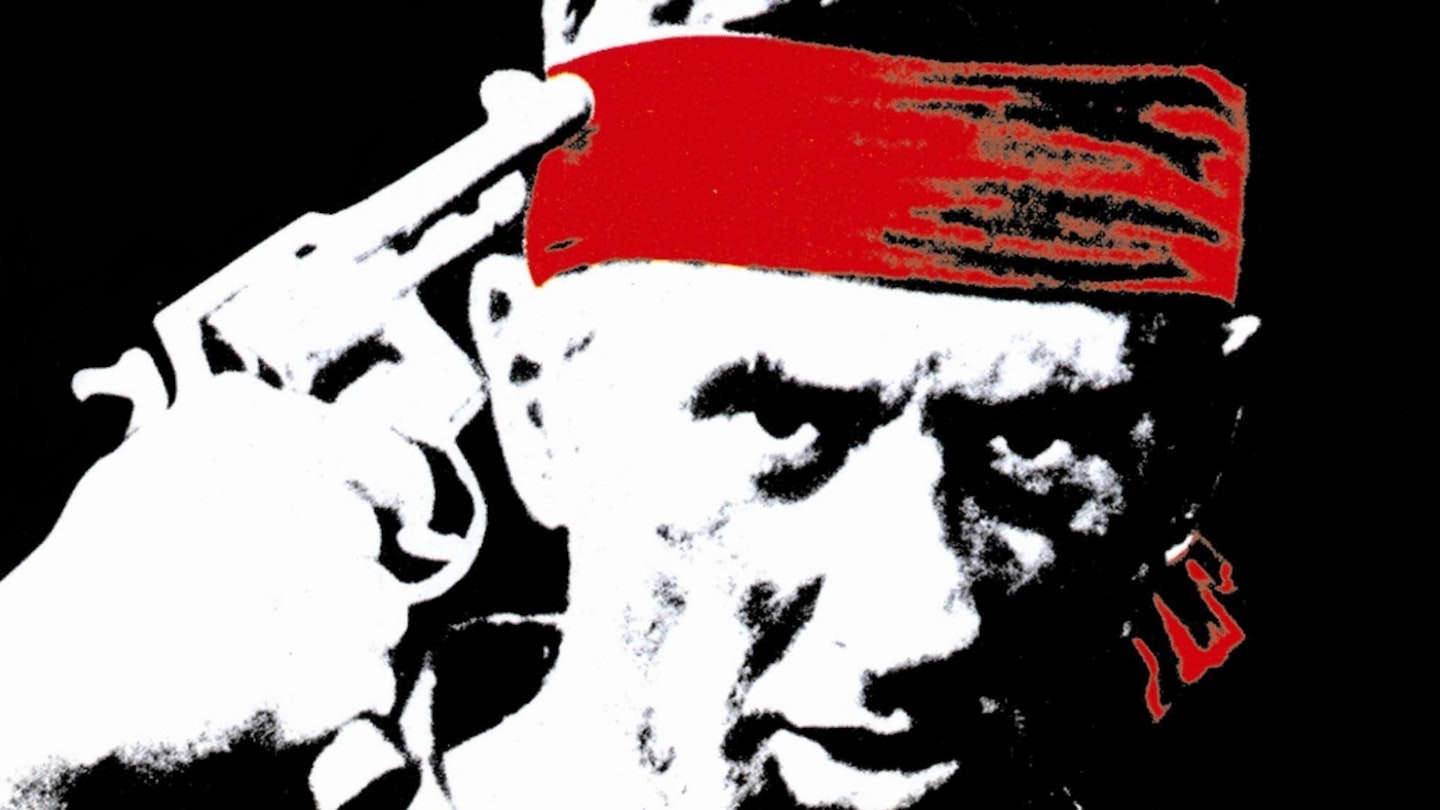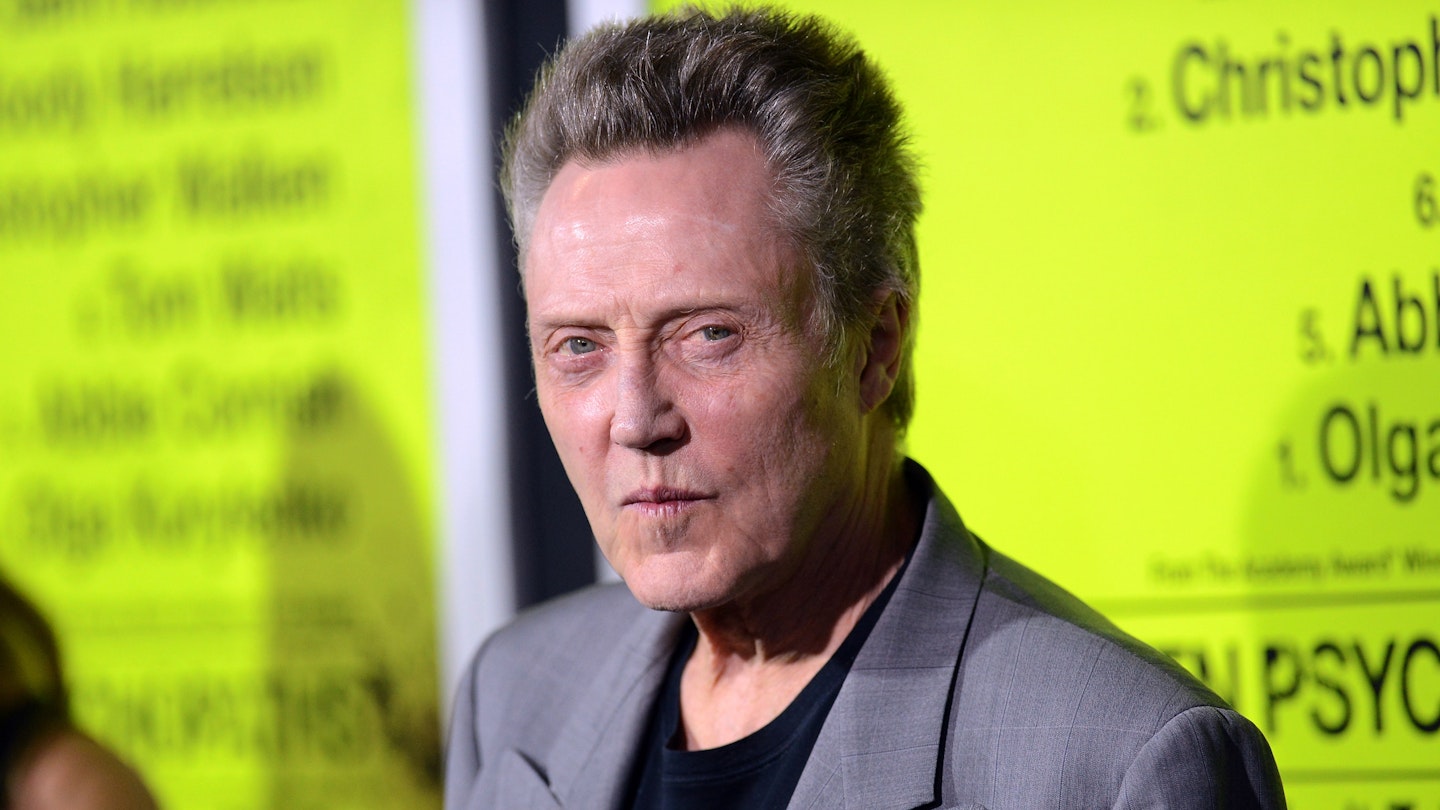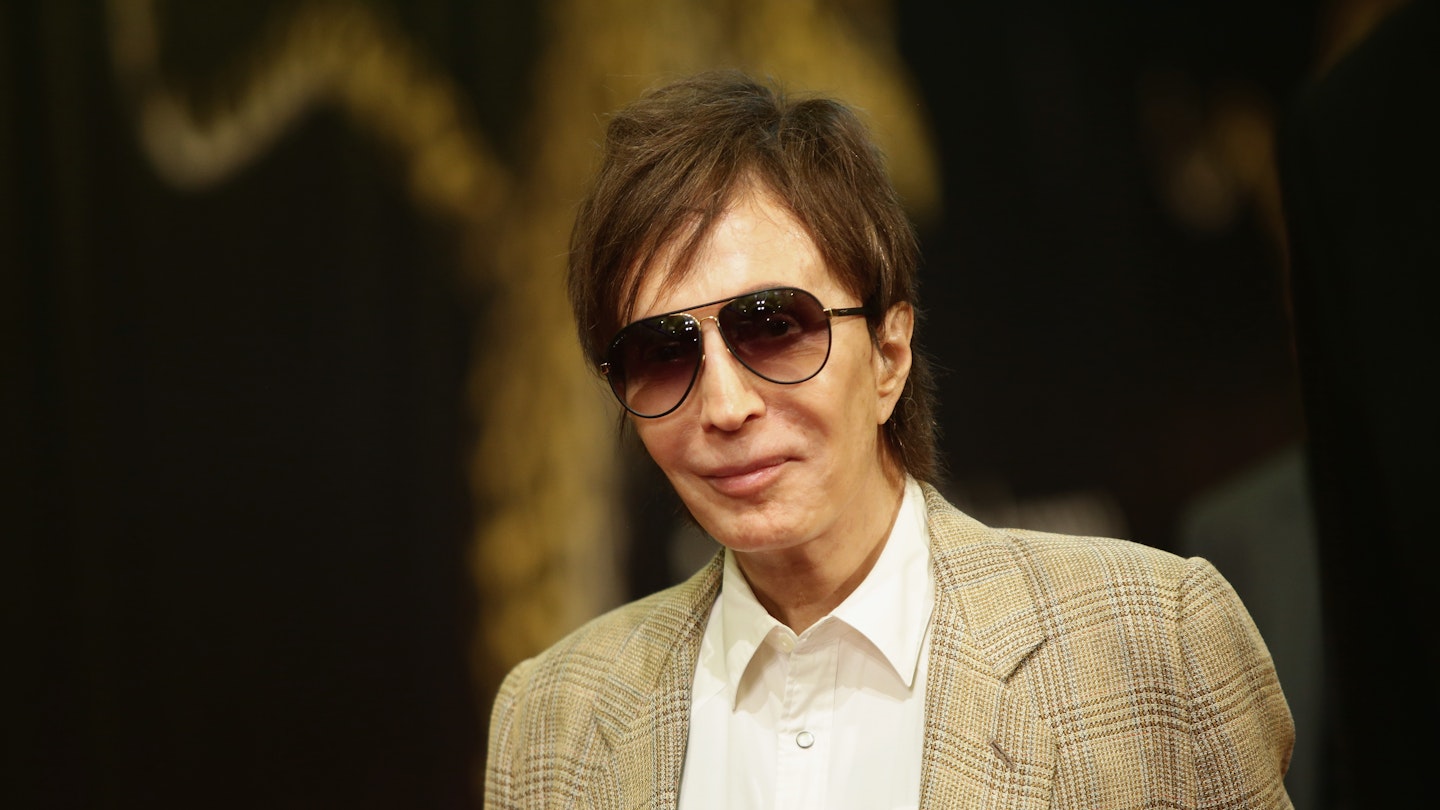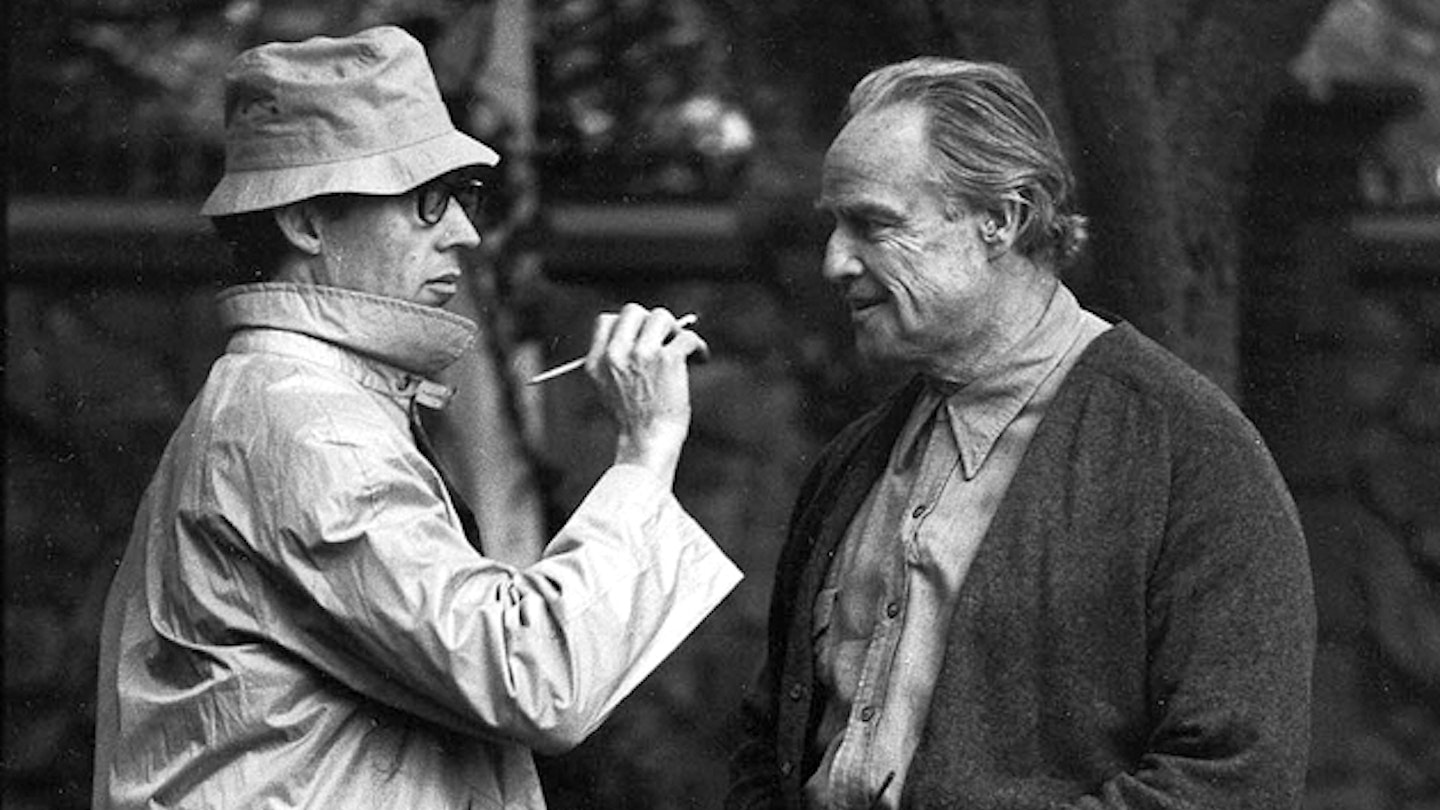The Deer Hunter, Cimino's second movie following the pleasingly throwaway Thunderbolt And Lightfoot, can, and should, be read as an epic treatise on endurance, and, in particular, the indomitable spirit of the American male. The near three-hour narrative tracing the classic human parabola from wedding bliss to funeral blues.
We open in the hellish heat and sulphurous fumes of the Pennsylvania steel mills, where friends and co-workers Michael (Robert De Niro), Nick (Christopher Walken), Stan (John Cazale), Steven (John Savage) and Axel (Chuck Aspergen) endure inhuman conditions for meagre pay, night after night.
These are tough men, we are told. The weekly reward for the steelworkers is escape into the cool mountains, and Michael in particular is soon scampering across snow-capped peaks with a gazelle's grace. But, lest we forget that a ticket to heaven comes at a prix fixè, Michael tracks and kills a beautiful stag, as if nature itself must pay his tithe.
It's a film of striking and often startling contrasts, and Cimino doesnít once flinch from an unpromising gear change. Indeed, The Deer Hunter is distinguished by quite audacious transitions from high to low, light to dark.
At one point, Michael, abandoned in his motel room at night, suddenly appears at the other side of the frame, still shrouded in darkness; only when he steps forward into the light do we realise that it is now daytime and he is outside, standing in the shade, hiding from his friends.
And, famously, there is the sudden jolt into Vietnam. The hunting buddies, exhausted and exhilarated from a successful trip, come to rest around a piano played by George Dzunda's loveable bar owner; dimly, the rhythm of what sound like rotor blades underscore the pretty melody. Without warning we are in another world, helicopters rain napalm down on a green forest.
If, as Dante maintained, hell is composed of seven levels, we have just slipped down several stages at once.
At a time when patience was a given rather than a virtue, '70s audiences were happy to endure the inevitable longueurs - a 40-minute wedding production number that fails to forward the plot - because word-of-mouth had assured them that all hell would soon break loose.
And for cinemagoers who had yet to be fed money shots and special effects, the notorious Russian Roulette sequence - where POWs Michael, Nick and Steven must face off against each other for the amusement of their Viet-Cong captors - which takes place early in the second hour, was the equivalent of a must-see, water-cooler moment.
Simply one of the most terrifying scenes in celluloid history, this sequence alone ensured that The Deer Hunter would become perhaps the most unlikely blockbuster of all time. When the film went on to dominate the 1978 Oscars - taking five awards including Best Film and Best Director - Cimino was heralded as the poster-child for the brave new world of American cinema. A man, it was supposed, who could do no wrong.
On his return from Vietnam, Michael's failure to reconnect with friends whom he once openly patronised is lent a genuinely tragic dimension. There is no way Michael could explain what he has seen, what he has lived through, even if he wanted to.
And in a movie that is practically spoilt for stand-out performances ó Meryl Streepís luminous debut, John Cazaleís last screen appearance, Christopher Walkenís Oscar-winning breakthrough ó De Niro is always central, manfully shouldering the film just as Michael carries the crippled Steven to safety. His work with Scorsese is more expansive, more celebrated, but Michael is De Niroís signature performance: the enigmatic, stoic, thoroughly Nietzschean hero who has not only appeared in various forms (see Heatís Neil McCauley) throughout his career, but one that we mere mortals can easily imagine is a close relation of the great man himself.
The Deer Hunter is a gruelling film, an upsetting experience, as much an endurance test for the audience as it was for cast and crew fighting a private war on location in Thailand. And yet, from the justly ubiquitous theme music to Vilmos Zsigmondís rich and lyrical cinematography, The Deer Hunter is a film of enormous, if mostly melancholy, beauty.
As such, it contains a raw power to move, and in some cases, bait, audiences to extremes of emotion almost unparalleled in cinema. At the time this was an astonishingly ambitious attempt to dress a wound in the American psyche that was still fresh and weeping; 25 years on, The Deer Hunter deserves to be reclaimed as one of the most powerful humanist tracts ever committed to celluloid.



